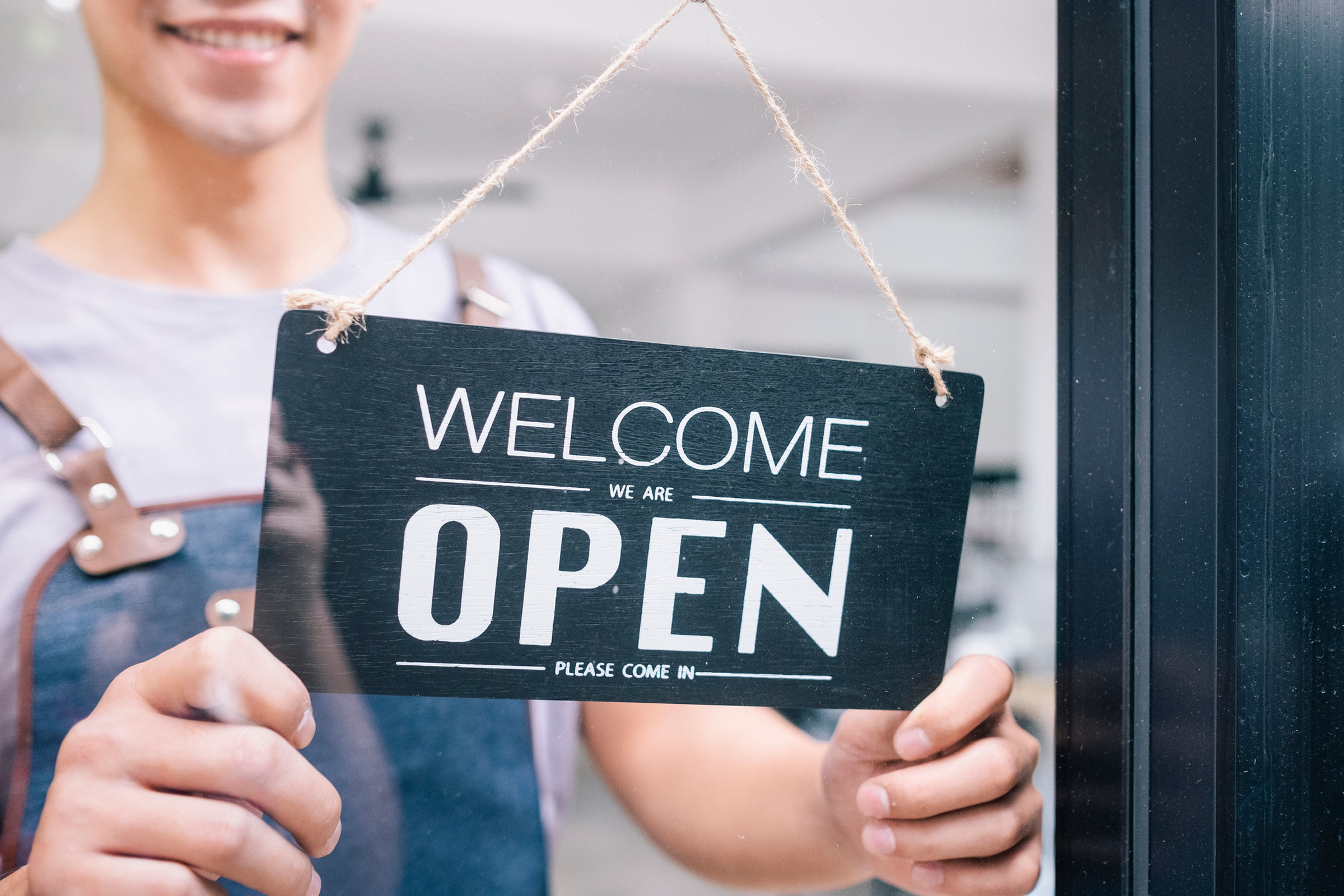Business Spotlight: Little Black Dressing Co.
Ready to talk to an expert?
The dressing is now carried in supermarkets across the region and was even the official dressing of the 2014 U.S. Open in Pinehurst.
Video Transcript
Kissie Stroup: I think my grandmother passed onto us taking care of the household. Families don’t do that anymore. You know, they’re off to baseball and then they’re off to football and they’re off to tennis or they’re at dance and the home life now seems to have lost its family orientation. And that’s what I think she did. She, and my mom, provided that for us. And that’s what I wanted for my kids. It’s a lost art.
Stroup: I am Kissie Stroup and I started a food business called Little Black Dressing. We produce four flavors of refrigerated, all-natural salad dressing. I just wanted to provide something for our family. You know, my husband’s worked hard, the fabric furniture industry was not good during there in the crash seven years ago, and I thought to myself, “What can I do?”
Stroup: I don’t have anything that anybody else really has, and I think that’s the key. You’ve got to give them something different. Food seems to be the thing that you come back to. You entertain, you eat around the table…it seems to be when we’re the happiest and when everybody gets along. So, we gathered around food.
Stroup: I’ve had a lot say it’s the best dressing they’ve ever eaten and it’s because its fresh and its different. It’s unique. I’ve got four different flavors and I don’t do anything like the other flavors that you see in the refrigerated salad dressing section.
Stroup: Why would I want to compete with those large companies? I don’t. I don’t want to. I want to do something different. I’m going to give you what I grew up eating and they’re unique, they’re different. Success: Is it making a lot of money? Because I’ve yet to do that. Is it that’s it’s in every grocery store in the nation? I don’t know. I don’t know what the success of it is. I feel successful that I even got this far. I feel successful when I wake up in the morning and I get to do it again.
Stroup: The most rewarding thing about running this business is actually knowing that I can do this. Forty-something year old lady that raised four kids, stayed at home, but to know that I did that and I actually pulled it off somewhat, is very rewarding.



